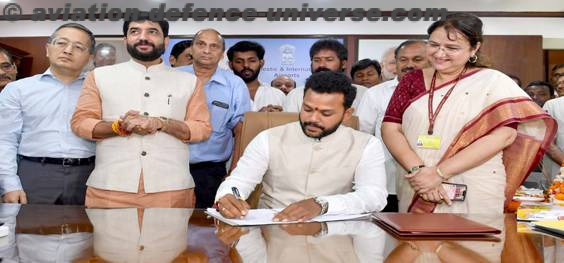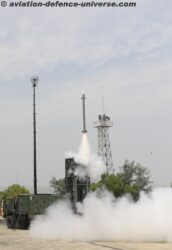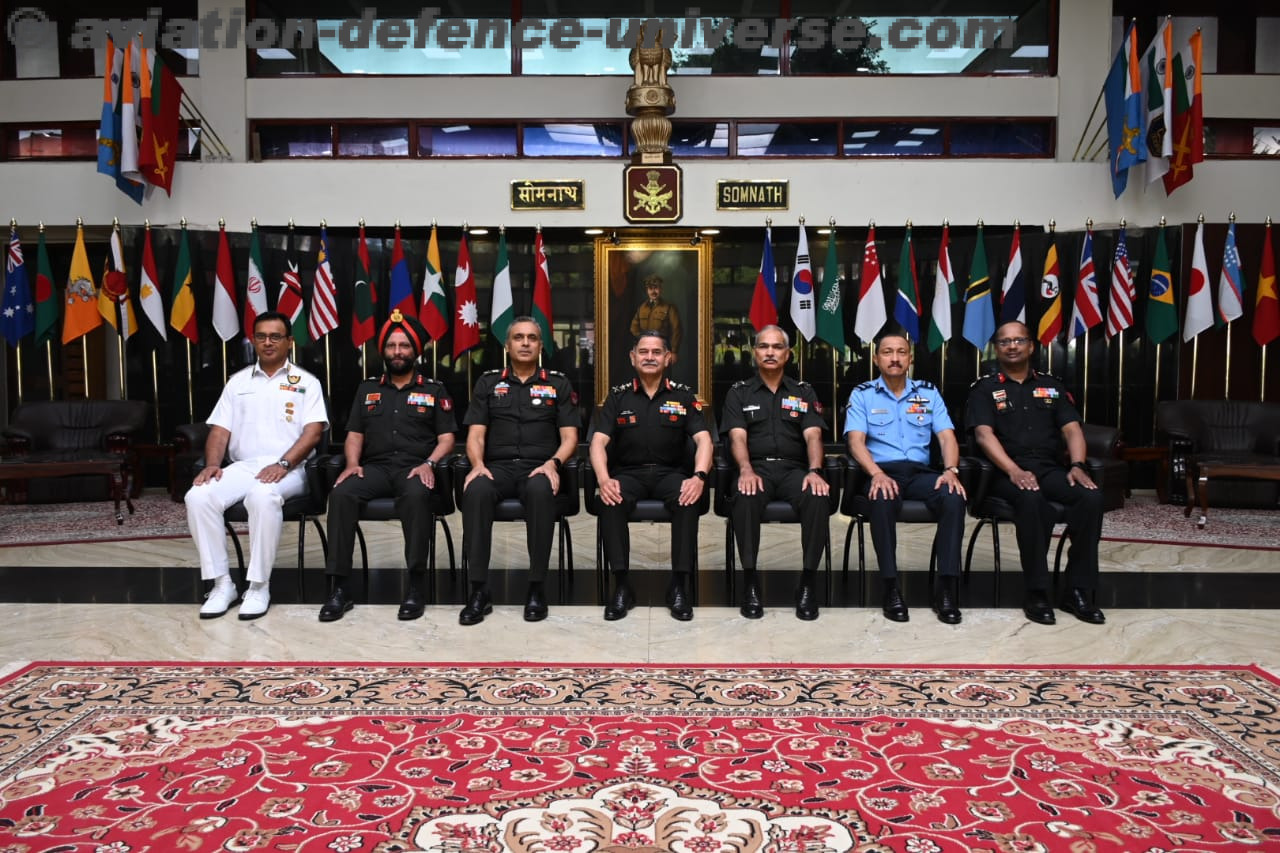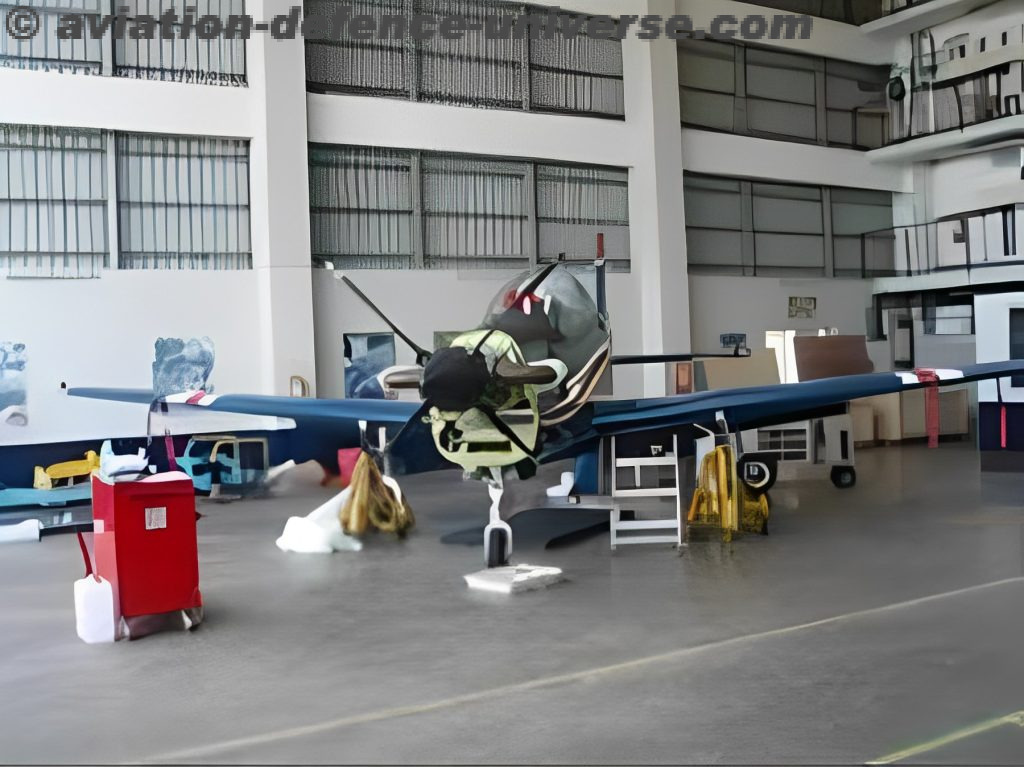
- GST Simplification: Uniform 5% IGST for Aviation MRO Industry Takes Effect
- New Tax Policy to Propel Indian MRO Industry to $4 Billion by 2030
New Delhi. 15 July 2024. It is the first major announcement by the Minister of Civil Aviation of Modi 3.0 ministry. The man who is cynosure of all eyes is Mr. Kinjrapu Rammohan Naidu, who in a landmark move set to revolutionize the Indian Maintenance, Repair, and Overhaul (MRO) industry, announced the implementation of a uniform 5% Integrated Goods and Services Tax (IGST) on all aircraft and aircraft engine parts, effective from 15th July 2024. This significant policy change, recommended by the GST Council in its 53rd meeting on 22nd June 2024, addresses the previously complex and varied GST rates of 5%, 12%, 18%, and 28%, which had posed numerous challenges including an inverted duty structure and GST accumulation in MRO accounts.
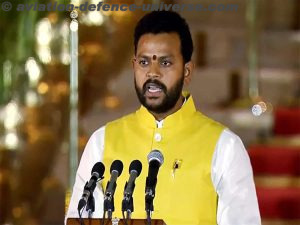
Announced the MRO GST reduction
Minister Naidu emphasized that this decision, made under the visionary leadership of Prime Minister Narendra Modi, aims to simplify the tax structure, reduce operational costs, resolve tax credit issues, and attract investment, thereby fostering growth in the MRO sector. The policy is a vital step towards the Atma Nirbhar Bharat initiative, with the Indian MRO industry projected to become a $4 billion industry by 2030. The Ministry of Civil Aviation, along with the Ministry of Finance and other stakeholders, has worked diligently to bring this transformative change to fruition, significantly enhancing the competitiveness of the Indian MRO sector and positioning India as a global aviation hub.
Mr. Kinjrapu Rammohan Naidu stated, “ The implementation of a uniform IGST rate of 5% on all aircraft and aircraft engine parts, is effective from today,15th July 2024. This decision marks a significant milestone for the domestic Maintenance, Repair, and Overhaul (MRO) industry, aimed at making India a global aviation hub.”
He added, ” Previously, the varying GST rates of 5%,12%, 18%, and 28% on aircraft components created challenges, including an inverted duty structure and GST accumulation in MRO accounts. This new policy eliminates these disparities, simplifies the tax structure, and fosters growth in the MRO sector.”
The Union Minister went on to stress how Prime Minister Shri Narendra Modi’s inspiring leadership made this transformation possible. “We are dedicated to the Atma Nirbhar Bharat initiative, led by Prime Minister Modi. This policy has advanced significantly because of his commitment for making India a global aviation centre,” he continued. His Secretary Senior IAS officer Vumlunmang Vualnam has always been a support and an approachable bureaucrat praised the MRO Association.
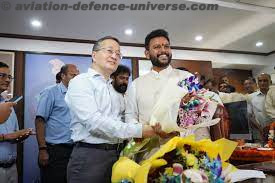
The Union Minister applauded the efforts of the Ministry of Civil Aviation, Ministry of Finance and other stakeholders who have worked diligently to achieve this policy adjustment recommended by the GST Council in its 53rd meeting on 22nd June 2024, the uniform 5% IGST rate aims to reduce operational costs, resolve tax credit issues, and attract investment. Highlighting the future prospects, Rammohan Naidu stated, “Our vision is to transform India into a leading aviation hub. The Indian MRO industry is projected to become a $4 billion industry by 2030. This policy change is a crucial step towards building a strong ecosystem for MRO services, driving innovation, and ensuring sustainable growth.” The Ministry is confident that this move will significantly enhance the competitiveness of the Indian MRO sector, fostering innovation and efficiency, and creating a robust and efficient aviation sector.

The biggest beneficiary and the happiest lot with this decision is the MRO industry in India. The battle though soft is finally won and who better than the man himself who not only initiated but also ensured his perseverance in attaining the goal he set out to achieve for the industry. ADU spoke with Mr. Bharat Malkani, President MRO Association of India who was celebrating the decision at his base in Mumbai. “On behalf of the MRO Association of India, I would like to extend our heartfelt gratitude to the Ministry of Civil Aviation for the recent implementation of a uniform 5% IGST rate on aircraft and aircraft engine parts, effective from 15th July 2024. This landmark decision marks a significant turning point for the Maintenance, Repair, and Overhaul (MRO) sector in India. We also want to thank the Union Civil Aviation Minister, Shri Kinjrapu Rammohan Naidu, in making this transformative policy a reality. The previous GST regime, with its varying rates, posed numerous challenges including an inverted duty structure and GST accumulation. The introduction of a uniform 5% IGST rate not only simplifies the tax structure but also fosters a conducive environment for growth and innovation within the MRO industry. This policy change is a monumental step towards realizing our collective vision of establishing India as a global aviation hub. It will significantly reduce operational costs, resolve tax credit issues, and attract vital investment, propelling the Indian MRO industry towards achieving its projected growth to a $5 billion industry by 2030.”
He also thanked the bureaucracy and governance for ensuring that goodwill of the industry , “ We commend the Ministry of Finance, the GST Council and all other stakeholders for their collaborative efforts in facilitating this much-needed reform. This decision will undoubtedly enhance the competitiveness of the Indian MRO sector, driving efficiency and ensuring sustainable growth. Thank you once again for your unwavering support and commitment to the Atma Nirbhar Bharat initiative. Together, we look forward to a future where India leads the global aviation industry.”
And one person who has been instrumental in raising the morale of the industry always is the Senior Economic Advisor Mr. Piyush Srivastava . Meeting him on the sidelines of the Air Cargo Summit on 4th of July was really heartening when he said that even as we speak the decision could have been taken and will be positive and the announcement will not take more than a week for the notification.
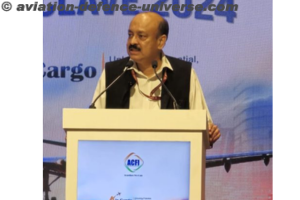
Responding to my question on whether there would any slips between the cup and the lip he replied, “It is 100% finalized. But for getting it off the ground, to get it implemented, you need a notification. As we speak also, they could have put out the notification. It could come in next week. But I would say, don’t hold me against that. But by next week, I am certain. We are getting it verified. That is the nuts and bolts that we are getting into. You have done the aircraft in Chapter 88. Engines come in Chapter 84. But when I am saying that I want to use this objective criteria, I don’t want to get into the parts. Don’t try to name the parts. Give me a blanket. Anything that is used in aircraft should be given this exemption. As of now, there is no appreciation in revenue. So, they were asking for a list. So, we told them that a light weighted aircraft has a million parts. So, if I were to give you a million parts list, which custom operator will sit at the airport and see whether this part corresponds to that. That process will be slowed down. It is impossible. One million parts. And not every part is imported every year. Today, my aircraft has gone down. And the part that has gone down, it has never gone down in the last 10 years. So, I will import it this year. So, you will give me 28% this year. So, don’t give me these 3 years, 1 year volume numbers. These are all immaterial. Aircraft is aircraft. The part in it is aircraft. Whether it is engine, component or whatever. This time, it appears that we have just the right thought in mind. This is what has to be done. This is what has to be done. This is what we have impressed upon revenue. But as I said, we can argue with them on behalf of our sector. They have to ultimately arbitrate. And they feel that whatever we keep saying, we give an industry perspective.”
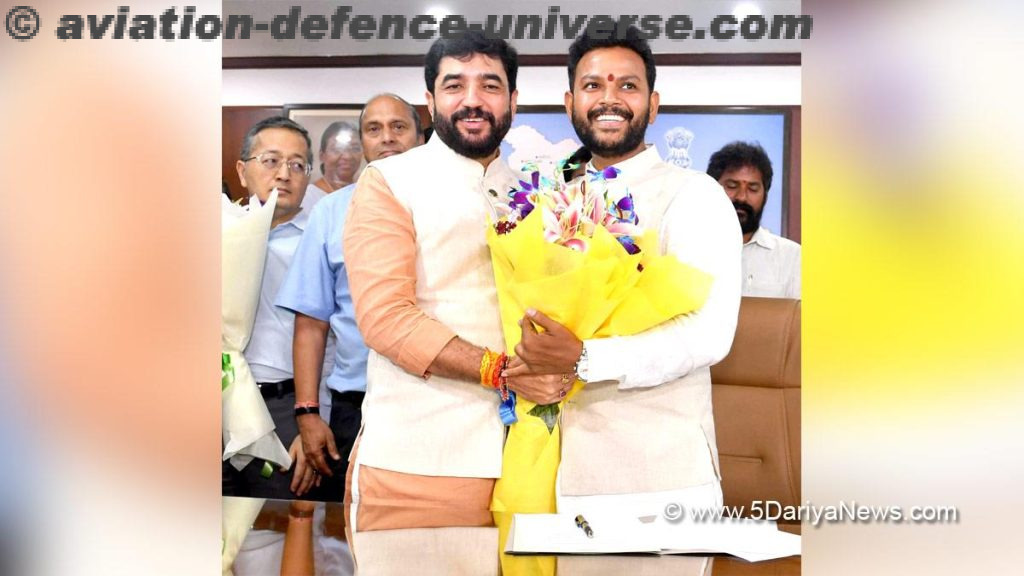
The introduction of a uniform 5% IGST on all aircraft and aircraft engine parts is a monumental stride towards bolstering the Indian MRO industry’s global competitiveness. This tax reform addresses long-standing challenges and paves the way for a more streamlined and efficient tax structure. With the Indian MRO sector projected to grow into a $4 billion industry by 2030, this policy change is expected to drive innovation, attract investment, and significantly reduce operational costs.
The collaborative efforts of the Ministry of Civil Aviation, Ministry of Finance, and other stakeholders have been pivotal in realizing this reform. The MRO Association of India and its members, along with key industry figures, have celebrated this milestone, recognizing its potential to transform India into a leading aviation hub.
As the industry moves forward with renewed vigour, this reform not only marks a significant achievement for the current administration but also sets a strong foundation for the sustainable growth and development of India’s aviation sector.
